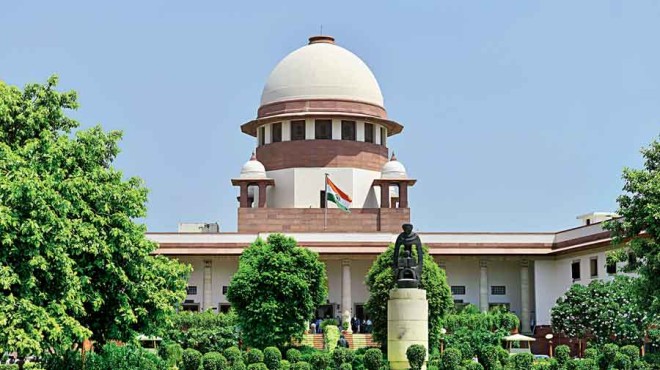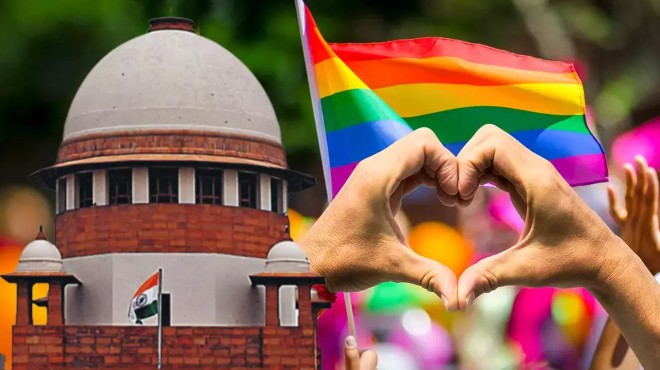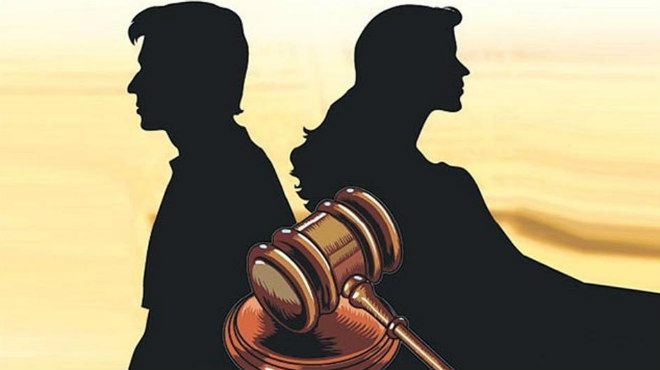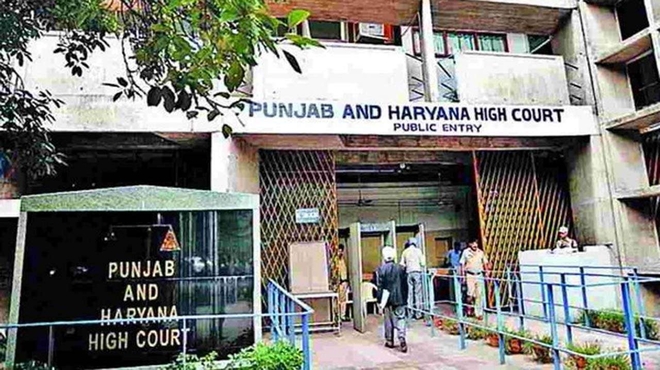Supreme Court bans automatic arrest under SC/ST Act
March 21, 2018
The Supreme Court has introduced the provision of anticipatory bail to curb down rampant misuse of the SC/ST (Prevention of Atrocities) Act, while also directing that there would be no automatic arrest on any complaint filed under the law and a preliminary inquiry must be conducted by police within 7 days before taking any action.
Latest Legal News
.jpg)
3 Bills to Renew India's Criminal Justice System presented in Lok Sabha; All you Need to Know

âSorry state of affairs' in PoSH Act implementation; SC orders Govts. to ensure ICCs are constituted


 181+ Lawyers are online
181+ Lawyers are online 


.jpg)


